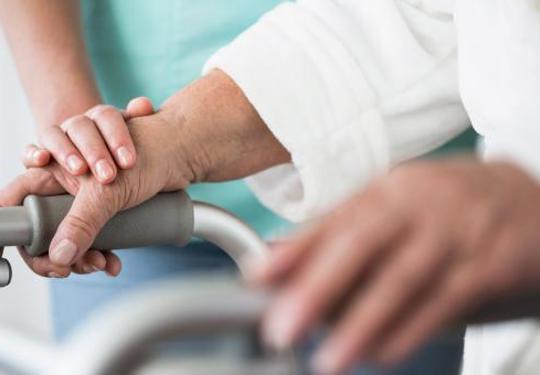As we approach the end of Organ Donation Week, Dr Mark Harber, the RCP’s special adviser for sustainability and a consultant nephrologist who has a special interest in transplantation, considers the power of organ donation and the hard work which make giving the gift of life possible.
I am privileged to work every day with people whose lives have been transformed by the gift of transplantation.
It is almost impossible to overstate the difference a successful organ transplant can make to someone's life and the lives of those around them.
There are two key unsung elements of UK transplantation. One is the world-class work of NHS Blood and Transplant (NHSBT), which is constantly improving the fair allocation of transplants and striving to get the best possible use of transplanted organs. NHSBT also runs one of the most successful kidney sharing schemes in the world of which we should be very proud.
The second and most important part of the transplant miracle is that of donors and their families.
This includes the remarkable generosity of living donors who donate a kidney (or sometimes a bit of liver) to help someone else, the thoughtfulness of those who have expressed a desire to donate after their death and the kindness of their families, who at one of the saddest moments of life, have chosen to help save the lives of strangers by the donation of organs.
The humanity of donating organs to others never ceases to humble me. Unfortunately, the waiting list for transplantation remains long, sometimes depriving people of the chance to return to health.
NHSBT and many other organisations are striving hard at community and national levels to increase the number of potential donors and help more individuals have a second chance at life.
Hopefully one day there will be no waiting lists.
Since the creation of the NHS Organ Donor Register in 1994, almost 60,000 lives have been saved through donations.
However, demand for organ donors remains high, with more than 7,600 people currently waiting for transplants across the UK – including more than 250 children. Despite the introduction of the opt-out system in 2020, there remains a significant shortfall in donors – particularly from minority ethnic backgrounds.
It takes just 2 minutes to confirm a decision about organ donation via the NHS website.






